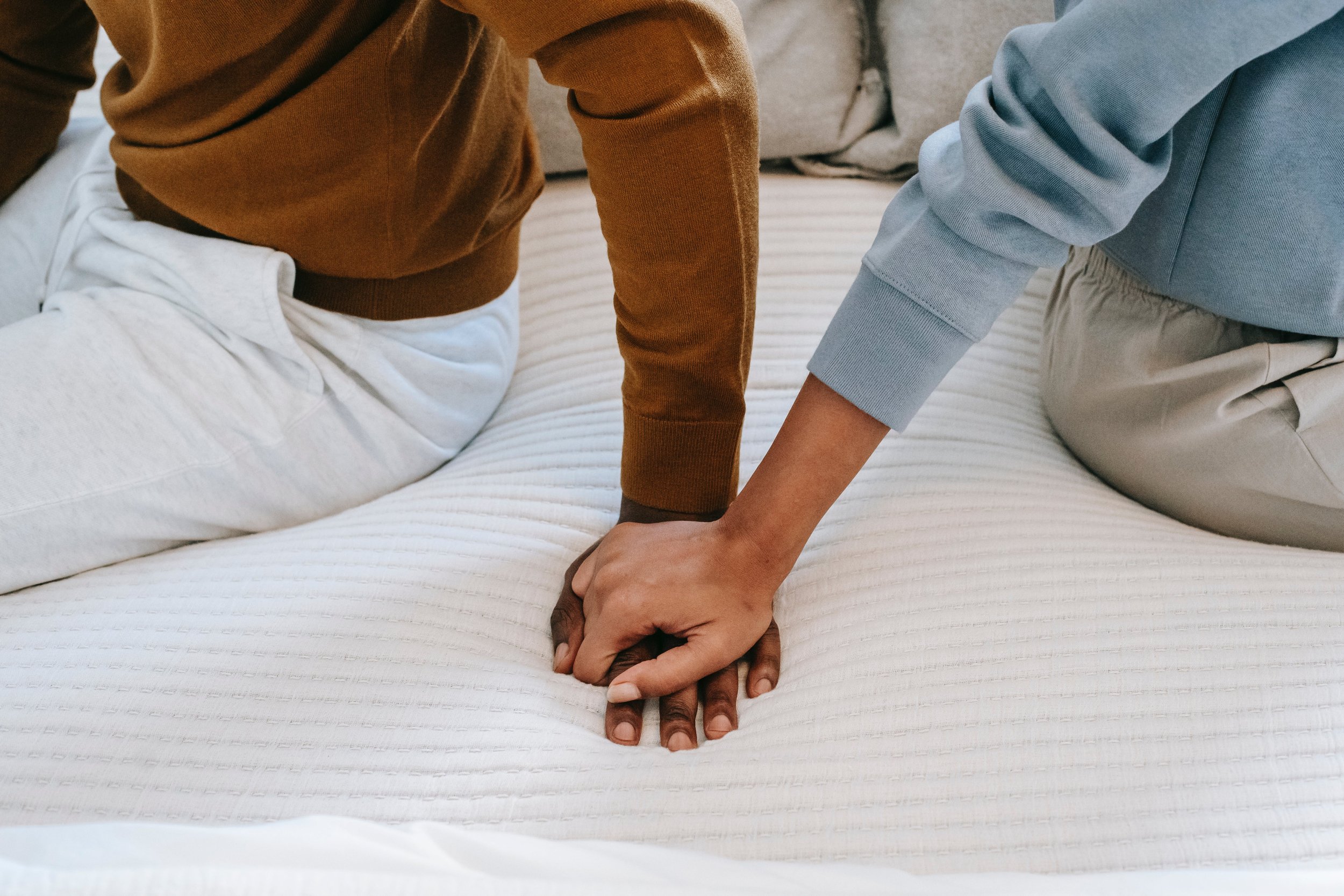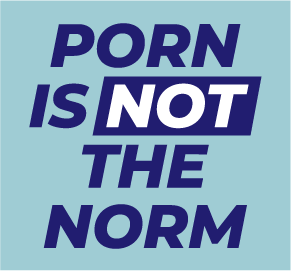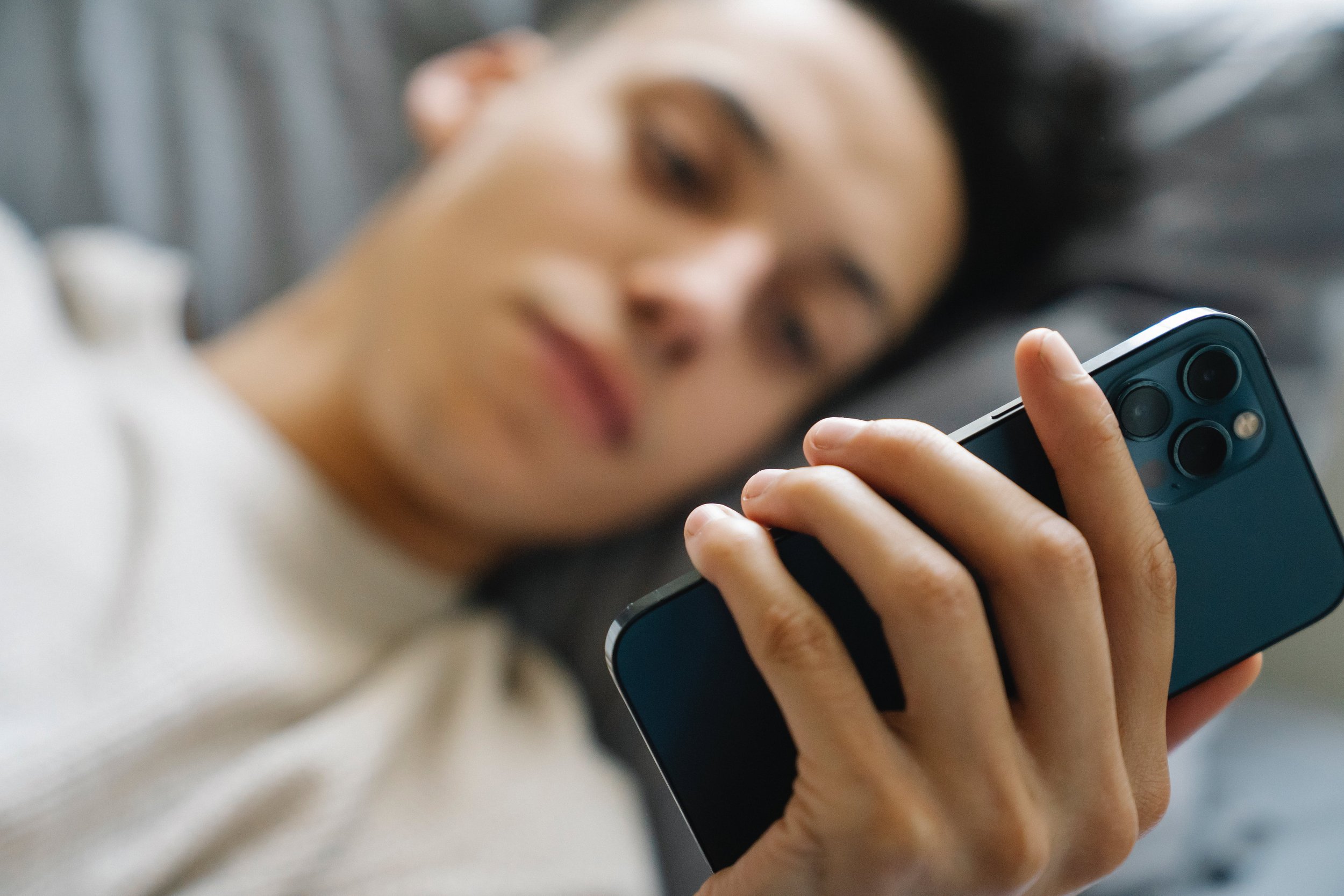
WHY is porn an issue for autistic young people?
In this world where we now often learn, work, play and connect online, pornography can be difficult to avoid. You don’t even need to go looking for it to see it.
While technology can bring enormous advantages for young people, spending time online and being immersed in what we see there, can increase the likelihood that we will see pornography.
Many young people also feel pressure to watch pornography even if we don’t want to see it – to keep up with our peers or to keep a partner happy.
Pornography has become a default sexuality educator for many young people. Often, it’s shaping what we think sex is like – and our sexual tastes. Just like we can develop a taste for a particular food or drink – even one that we initially find unpleasant – we also can develop sexual tastes. When someone uses porn – particularly when they use it regularly for masturbation – they learn to associate what they see with arousal and pleasure.
Porn can start to shape what we find sexy and what we would like to do. But much of what is shown in porn does not reflect what many people actually enjoy – particularly women. Often it is unsafe, aggressive and degrading.
Autistic young people aren’t the only ones who are impacted by porn – all young people are. But the ways that porn impacts an autistic brain can mean that it’s even more challenging to understand and manage its impacts on us. Autistic brains are often really good at focusing on something that captures our attention – but we can find it difficult to shift our attention away. We also tend to be trusting and to interpret people and media literally. That can be a real issue with porn, which is usually highly unrealistic and often harmful.
All young people need to understand that porn is not a good place to learn about sex or to have our sexual tastes shaped. The way our brains work makes this especially important for autistic young people.
What you need to know about porn
Just like any other young person, we, as autistic young people, need access to information and education about pornography and support from the people around us. There are a few key things that we need to know about porn that can help us understand and manage its potential impacts on us:
If you’d like to learn more about the impacts of porn, visit our ‘understanding the issues’ page.
Advice from
autistic young people
Many of the young people we interviewed spoke about what they wish other autistic young people knew about pornography. They also shared advice about what they think can help, including talking with an adult you trust about what’s ok and what’s not when it comes to sex and relationships.
What can i do?
Whether or not you’ve seen pornography, you can make choices about how it impacts you. So, what are your options?
Give porn a miss – You may feel some expectation to watch it or do things you see in porn, but you can choose to not watch porn. You should never feel pressured to do anything sexual. No one has a right to make you watch porn or to do something they’ve seen in porn. You might feel like you should do something you see in porn, but feeling you should doesn’t mean you ‘actually should.’ For example, you might ‘feel’ like hitting someone, but you learn to control that feeling and not actually do it. So, you don’t need to watch porn or do something from porn just because some other people do.
Limit your porn use – For some of us, even if we use porn very regularly it doesn’t necessarily mean we want to or feel good about it. We may feel upset or disturbed by what we see. Some of us feel out of control of our use. If you find that your porn use is impacting your sleep, study, work, sport, hobbies or relating to real people it is time for you to talk to someone who can help.
Make choices about what you do watch – If you do choose to watch porn, you can try to be selective about what you see. You can make choices about what you’re going to let shape your thinking and sexual tastes. For example, you could try to avoid porn in which you think anyone is being pressured, hurt, abused or degraded. Or where you think the performers are faking pleasure and what it’s showing is not likely to feel good in real life.
Talk to someone – When things are not easy, it’s really normal to feel nervous about talking to others about it – but it’s good to get support. Find someone you trust and talk to them about it. You could try a parent, relative, family friend, counsellor, a support worker or doctor: some appropriate person who will listen, care for you, and offer the right support.
Be a leader – If you value respect, consent and mutual pleasure and think porn is overrated, you’re not alone. You can be sure that there are other young people who don’t feel good about what porn is saying or who feel pressure to watch it or copy it. By talking about how you feel about porn, you can help others feel more confident to talk about it, too. Don’t let porn set the agenda. Speak up. And others might join you!
Talk to your school – If you think porn is an issue for young people, talk to your school about the need to address pornography’s influence as part of sexuality education. To support young people to develop the skills they need for healthy, respectful relationships, sexuality education needs to address the real-world influences shaping young people’s experiences – and porn is now definitely one of those. For most young people, schools are the main source of formal sexuality education. That makes schools a key place for supporting students to think critically about pornography and its impacts.
Get help – If you feel confused or upset by something you have seen in porn, feel like it’s impacting you in a negative way, feel pressure to watch or do something you or your partner have seen in porn or feel like your porn use is out of control, you don’t need to deal with this alone. There is help out there. Here are some places you can get some ideas and information:
Who can I talk to? kidshelp.com.au/teens/get-help
How can I look after myself online? esafety.gov.au/young-people
How do I deal with offensive or illegal content? esafety.gov.au/young-people/violent-inappropriate-content
What if I’m being pressured to send nudes? esafety.gov.au/young-people/being-pressured-to-send-nudes
What if someone has shared a sexual image of me without my consent? esafety.gov.au/young-people/my-nudes-have-been-shared
What if someone sends me unwanted nudes? esafety.gov.au/young-people/receiving-unwanted-nudes
What if I have been forced to have sex? respect.gov.au/services/
How do I deal with feeling like I use porn more than I want to and I can’t stop? https://thelightproject.co.nz/need-help/i-need-help/
Where can I find more information about where I can get help? theline.org.au/get-help
Or to hear more about what other autistic young people and experts have to say about porn visit our Instagram page.













!['I feel like [porn's] setting an expectation that that's what all relationships are like - which is not the case at all.' Megan, aged 25.](https://images.squarespace-cdn.com/content/v1/65d2ddf5d662de7fdcaa1379/07ee5c57-65f6-4237-a823-6d6f3c7bc1a6/Young_Quote+4.png)
!['Don't assume that things [in porn] are real. Their job is to produce that content, so it's not real. It's not something you should take any kind of information from. You should find your information elsewhere.' Razz, aged 22.](https://images.squarespace-cdn.com/content/v1/65d2ddf5d662de7fdcaa1379/d06070e0-4065-4ed2-81ff-092f2373c109/Young_Quote+3.png)

